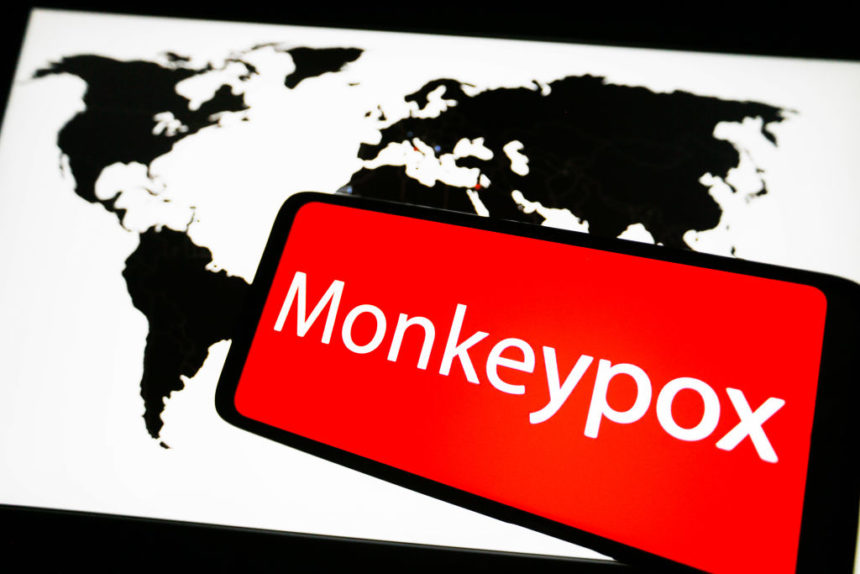As monkeypox continues to spread globally — including in the U.S. — public health officials are beginning to prepare a toolkit to stem rising cases.
There are currently about four suspected cases of the virus in the U.S., mostly related to travel, and have been found in Massachusetts, New York City, Florida and Utah. Cases have been confirmed in more than a dozen European countries, including Portugal, Spain and the U.K., according to the World Health Organization.
Following two years of the COVID-19 pandemic, eyes are now turning to a vaccine to combat the outbreak.
Currently, there is a vaccine approved by the Food and Drug Administration for monkeypox: Jynneos. Developed by biotech company Bavarian Nordic, the live, non-replicating Jynneos shot was approved in 2019 to be used against both smallpox and monkeypox.
Jynneos, which is also known by its brand names Imvamune or Imvanex, is distributed as two separate doses, with about four weeks in between each shot. The vaccine has been deemed safe for immunocompromised people — including those with HIV or atopic dermatitis.
This week, the Centers for Disease Control and Prevention said it’s preparing to distribute some Jynneos doses for certain cases. There are about 1,000 doses of the vaccine in the national stockpile, but officials said they plan to see that number increase in the next month or so.
Additionally, the U.S. has already signed a contract with Bavarian Nordic to purchase $119 million worth of freeze-dried doses of the Jynneos vaccine throughout 2023 and 2024.
“This marks a significant milestone in our long-standing partnership with the U.S. government to ensure availability of life-saving vaccines for the entire population,” said Paul Chaplin, president and CEO of Bavarian Nordic, in a statement.
For now, however, the plan is to distribute doses only to a select few: people who’ve been infected or exposed to the virus, healthcare workers and immunocompromised people.
“Right now, we are hoping to maximize vaccine distribution to those that we know would benefit from it,” said Jennifer McQuiston, deputy director of the CDC’s high consequence pathogens and pathology division, in a statement. “Those are people who’ve had contact with known monkeypox patients, healthcare workers, very close personal contacts, and those in particular who might be at high risk for severe disease.”
In addition to the Jynneos vaccine, the U.S. also has some 100 million doses of the ACAM2000 vaccine — an older smallpox vaccine that was originally manufactured by Sanofi and now is being made by Emergent BioSolutions.
ACAM2000 is effective against monkeypox, but it’s associated with more side effects than Jynneos, which is why the latter is likely to emerge as the more popular choice in the monkeypox fight.







